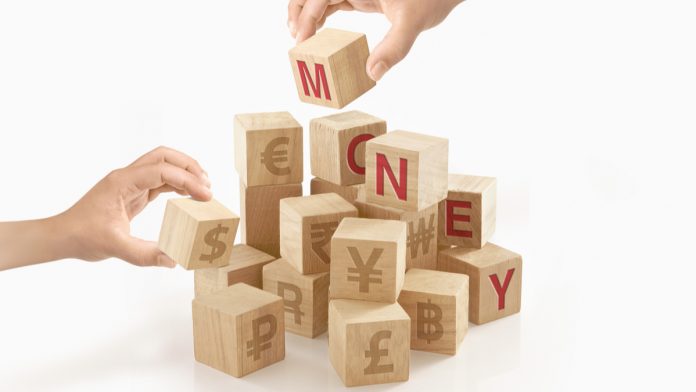GBP/INR is somewhat bullish in early trading on Wednesday, but it couldn’t consolidate above 95.000 yesterday. At the time of writing, one British pound buys 94.903 Indian rupees, up 0.03% as of 6:50 AM UTC.
The rupee has been weakening as India reported the second-highest number of daily coronavirus cases on Tuesday. The pandemic doesn’t let the government ease restrictive measures. Nomura said that the Indian economy would contract by 6.1% in the current fiscal year. This is a higher figure than the average 5% slump anticipated by other analysts and rating agencies. Nomura said that the Reserve Bank of India would likely cut interest rates by an aggregate 50 basis points in October and December.
Meanwhile, a Reuters poll concluded that Britain’s gross domestic product (GDP) would accelerate at its fastest pace in decades after tumbling in the previous quarter by the most in centuries. The economy is reviving as the government led by Prime Minister Boris Johnson is lifting restrictions. The respondents said that the economy would likely rebound by 12.2% this quarter, up from the 10.5% recovery expected in June. In the three months to June, the economy collapsed by a record 18.9%.
In 2020, the UK economy is expected to show a 9.1% contraction followed by a 6.0% rebound in 2021, the poll showed.
To address the damage caused by the pandemic, the government boosted spending, borrowing 128 billion pounds in the second quarter, which is five times higher than in the same period in 2019.
Britain Is Preparing for No-Deal Brexit
The pound might lose ground as the optimism around Brexit is fading. It seems that Britain and the EU will fail to sign a trade deal, as Johnson has only a few days before July deadline to pass his outline agreement. The Telegraph found out that the British government is aiming for a trade relationship in which it would trade with the EU on World Trade Organisation terms after the December deadline.
The two sides still couldn’t reach agreement on fishing rights, the role of the European Court of Justice, and the level playing field guarantees.
The British government’s assumption is that there wouldn’t be a deal, though it is likely that a basic agreement could be achieved if European leaders give the nod in the autumn.
A source familiar with the trade talks told the Telegraph:
“The Government has been making it clear for a while now that it is prepared for no deal. Britain isn’t going to budge on fundamentals like fishing rights, so it’s all in the hands of the EU.”





